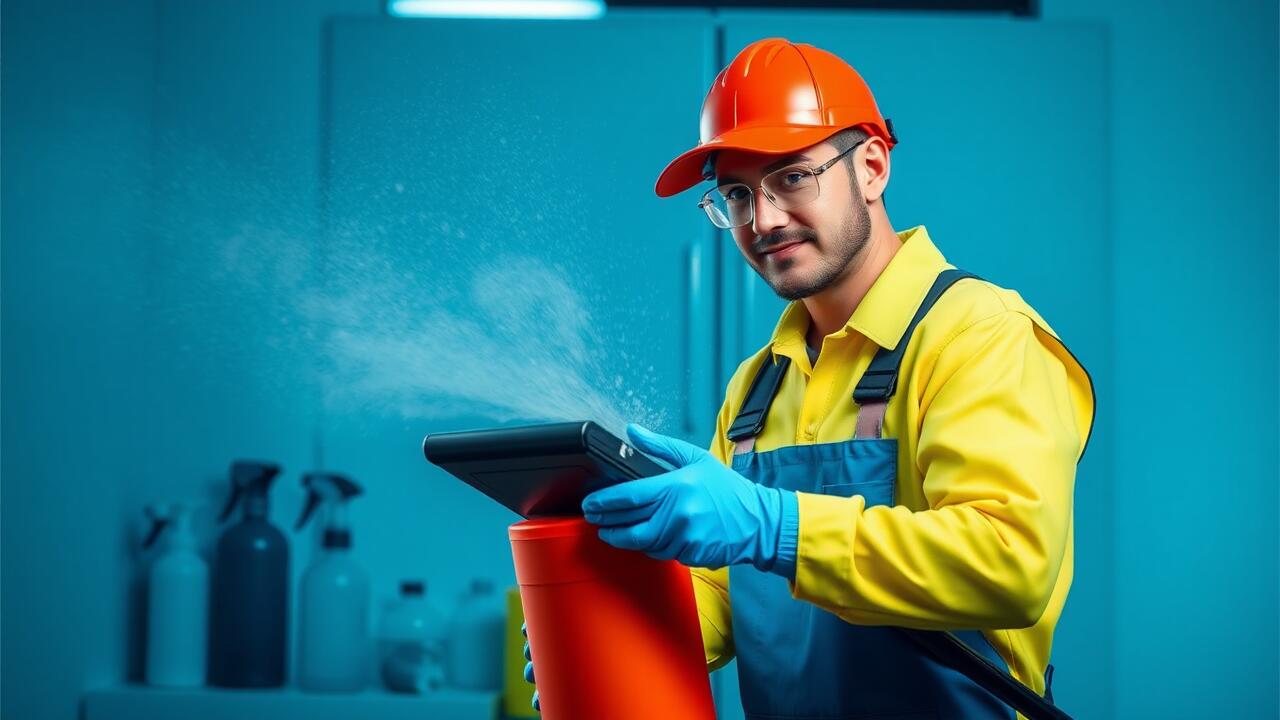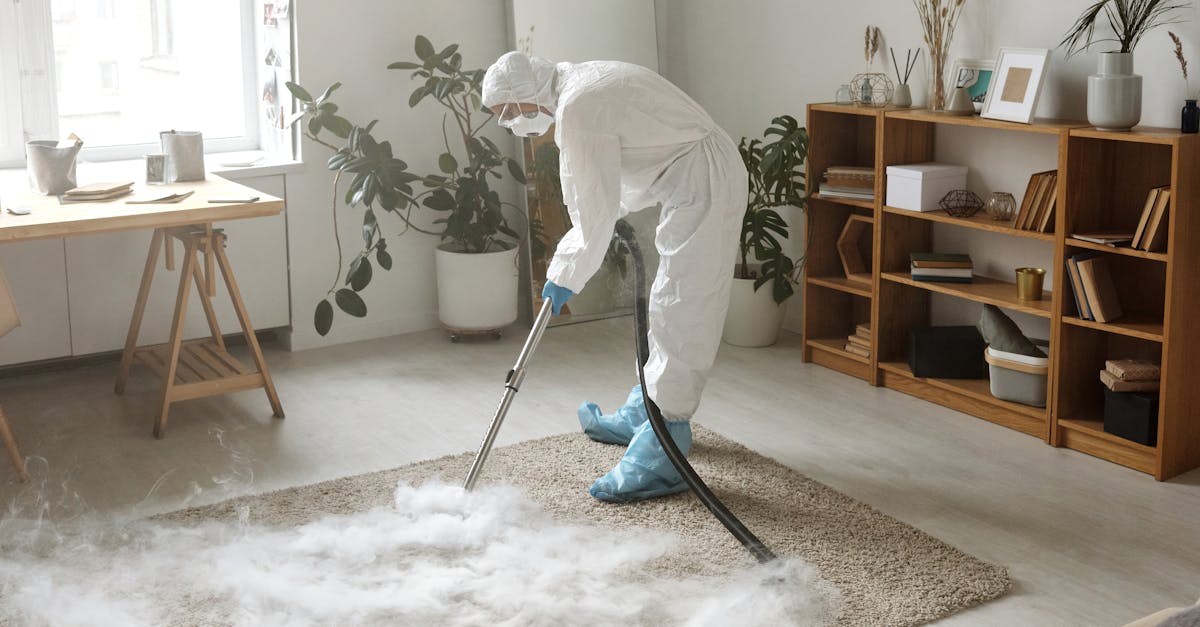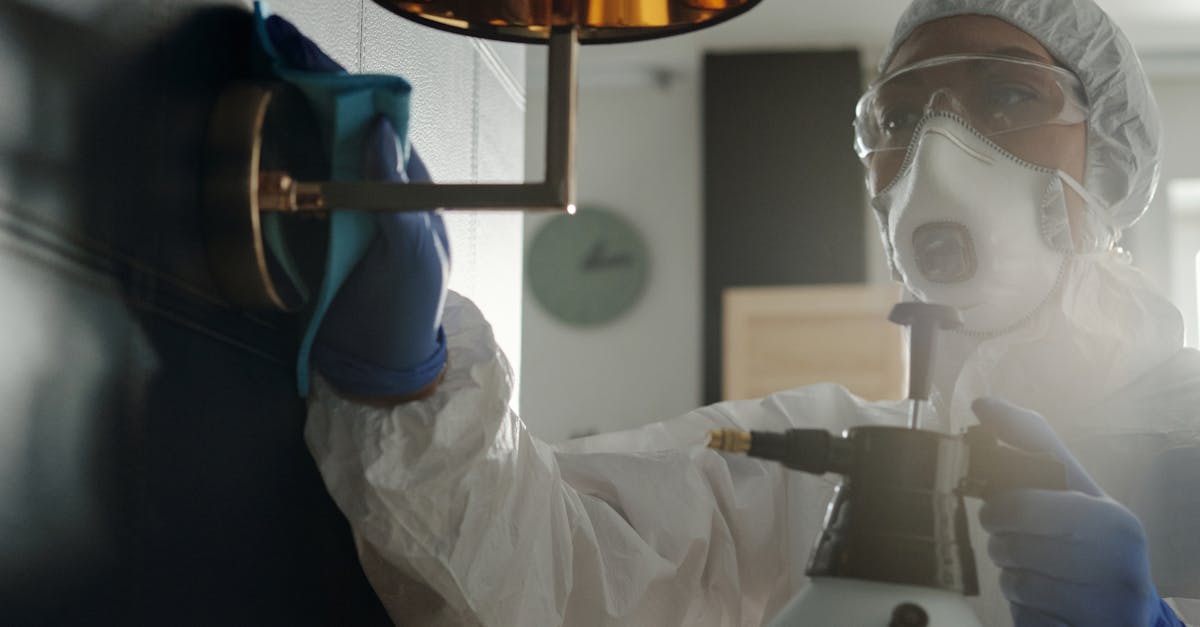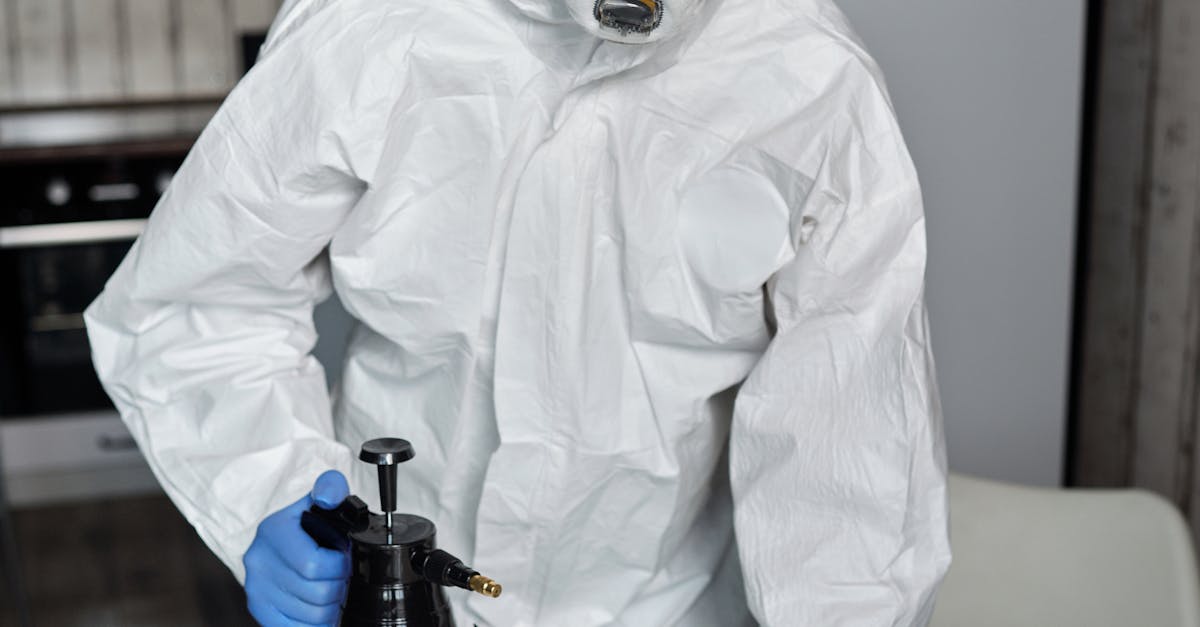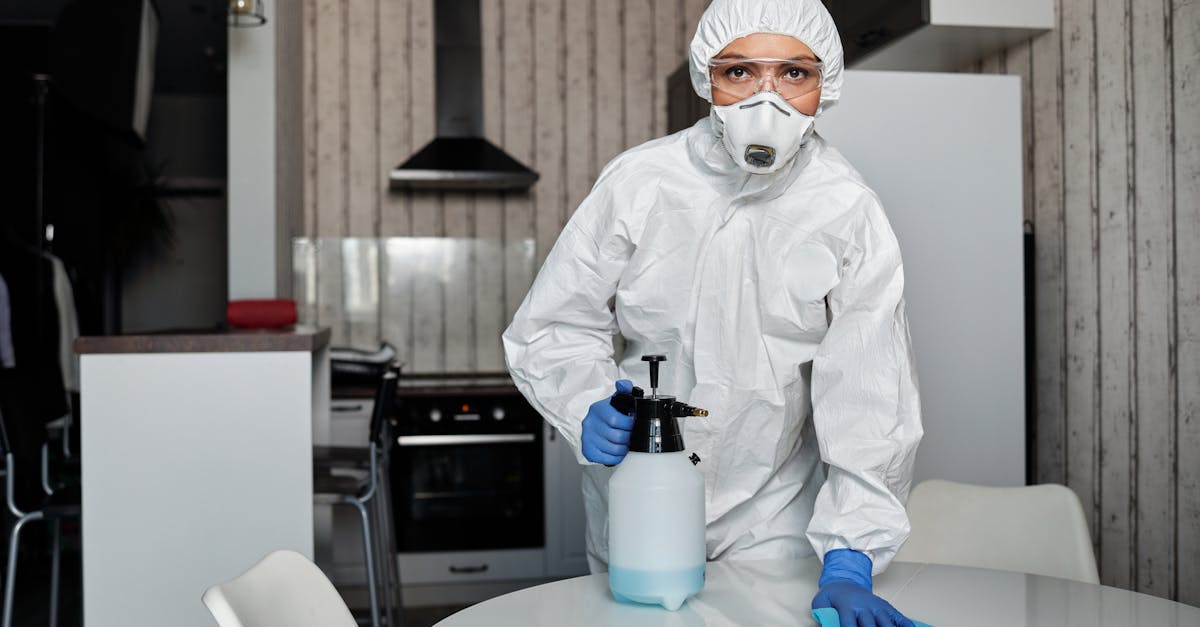
Environmental Considerations
The environmental impact of chemical cleaning processes is becoming an increasingly pressing concern. Many industries are now tasked with minimising their ecological footprint while maintaining effective cleaning practices. In Loughborough, Leicestershire, businesses engaged in chemical cleaning are adopting strategies that not only comply with regulatory standards but also prioritize sustainability. This involves the selection of less harmful chemicals and the implementation of processes designed to reduce waste generation.
Additionally, the community in Loughborough is aware of the potential risks associated with chemical pollutants. Public scrutiny has prompted organisations to reassess their operational practices. Companies are encouraged to invest in environmentally friendly alternatives that pose fewer risks to both human health and the surrounding ecosystem. As chemical cleaning practices evolve, the emphasis on sustainable methods remains critical for fostering a safer and healthier environment in Leicestershire.
Regulatory Requirements and Their Effects
Regulatory requirements play a crucial role in shaping the practices and timelines of chemical cleaning projects. In regions like Derbyshire, specific guidelines dictate the substances that can be used and the protocols for their application. Compliance with these regulations ensures not only the safety of workers but also the minimisation of environmental impact. Failure to adhere can result in significant delays and financial penalties, affecting the overall efficiency of the cleaning process.
The implications of these regulations extend beyond immediate compliance. Companies must invest time in training staff and implementing robust monitoring systems to align with the legal frameworks. For those involved in chemical cleaning in Derbyshire, understanding these requirements is essential for smooth operation. Engaging with regulatory bodies and staying updated on changes ensures businesses can adjust their practices promptly, reducing the risk of unforeseen setbacks during cleaning activities.
Post-Cleaning Protocols
After the completion of chemical cleaning, proper protocols must be adhered to ensure the integrity of the system being serviced. This includes detailed inspections of the equipment to verify that all cleaning agents have been adequately flushed out. Any residual chemicals can lead to damage or reduced efficiency, which is why a thorough examination is crucial. In addition, documentation of the cleaning process should be maintained, recording the methods used and the results achieved. This documentation serves as a reference for any future maintenance and ensures compliance with industry standards.
Following inspections, proper drying methods should be implemented to prevent moisture-related issues. This often involves the use of blowers or heaters, ensuring that all components return to optimal operational conditions. For those engaged in Chemical Cleaning in Loughborough, Leicestershire, adhering to these protocols is essential for maintaining equipment longevity. All post-cleaning activities contribute to the overall effectiveness of the cleaning efforts and safeguard against potential future complications.
Ensuring Proper Drying and Inspection
Proper drying following chemical cleaning is critical to ensuring that no residual solvents or cleaning agents remain on the surfaces. The drying process must be carefully monitored to prevent issues such as corrosion or contamination of the cleaned equipment. Depending on the complexity of the system being cleaned, specialised drying equipment may be necessary to achieve the desired results. Adequate airflow and temperature control play essential roles in promoting efficient evaporation of any remaining chemicals.
Inspection post-cleaning is equally important to verify that the entire process has been successful. This involves a thorough examination of the surfaces for signs of remaining contaminants or inconsistencies. In locations where Chemical Cleaning in Loughborough, Leicestershire is conducted, regulatory standards often dictate the methods and protocols for inspection, ensuring that all cleaned items meet the required safety and operational criteria before they are returned to service. Compliance with these standards protects both equipment integrity and operational safety.
Common Challenges Faced
Chemical cleaning processes often encounter various challenges that can complicate timelines and outcomes. In Chemical Cleaning in Derby, Derbyshire, logistical issues can arise due to the availability of necessary chemicals and equipment. Additionally, site-specific constraints, such as confined spaces or sensitive environments, may require more tailored approaches that extend the duration of the cleaning tasks. These factors can significantly impact the overall efficiency of the operation.
Communication among team members is another challenge often faced during chemical cleaning. Ensuring that everyone involved is on the same page regarding procedures and safety protocols is vital for effective execution. Inadequate coordination can lead to misunderstandings, which may result in delays or even unsafe practices. The need for ongoing training and clear communication channels becomes paramount, particularly in an area like Chemical Cleaning in Derby, Derbyshire, where adherence to local regulations and standards is essential.
Delays in the Chemical Cleaning Process
Delays in the chemical cleaning process can arise from various factors that significantly impact project timelines. One common issue is unforeseen equipment malfunctions, which can halt operations and necessitate additional time for repairs or replacements. Other factors may include the availability of specific chemicals, especially in situations where specialty cleaners are required. Weather conditions can also play a role, particularly for outdoor cleaning processes, affecting scheduling and overall efficiency.
In a region like Leicestershire, local regulations and requirements may contribute to potential setbacks. Compliance with safety standards often necessitates thorough inspections and lengthy paperwork, adding to the overall duration of the cleaning process. Additionally, labour shortages or miscommunication among team members can prolong the project as well. Efficient planning and proactive measures are crucial to mitigate these delays and ensure a smoother chemical cleaning operation.
FAQS
What factors influence the duration of chemical cleaning?
The duration of chemical cleaning can be influenced by several factors, including the size of the equipment being cleaned, the type of contaminants present, the specific chemical agents used, and the complexity of the cleaning process.
Are there any environmental regulations that affect chemical cleaning times?
Yes, environmental regulations can impact chemical cleaning times. Compliance with local and national regulations may require additional steps in the cleaning process, which can extend the overall duration.
How can I prepare for a chemical cleaning to minimise downtime?
To minimise downtime, ensure that all necessary preparations are made in advance, such as clearing the area, securing permits, and coordinating with relevant stakeholders. Effective planning can help streamline the process.
What post-cleaning protocols should be followed?
Post-cleaning protocols typically include proper drying, thorough inspection of the cleaned equipment, and any necessary maintenance checks to ensure everything is functioning correctly before returning to operation.
What are some common challenges that can cause delays in chemical cleaning?
Common challenges that can cause delays include unexpected equipment issues, inadequate preparation, unanticipated levels of contamination, and weather conditions affecting outdoor cleaning operations.
